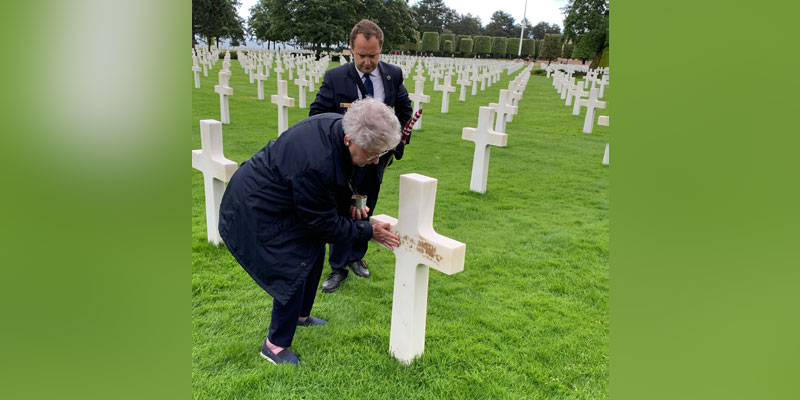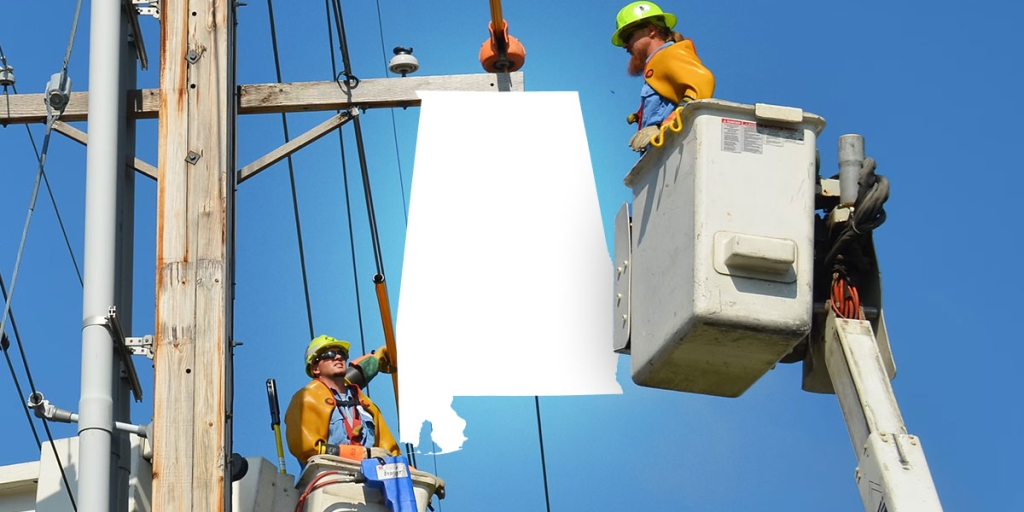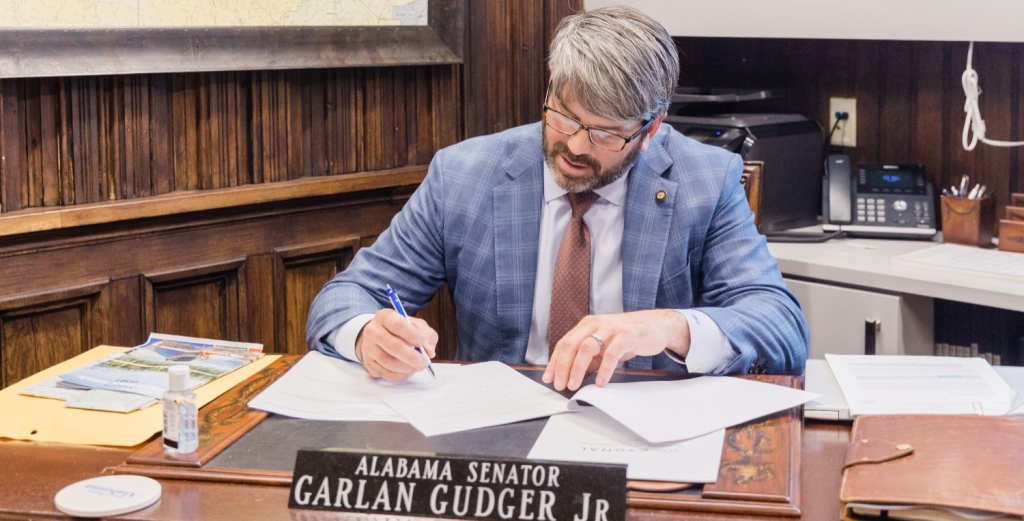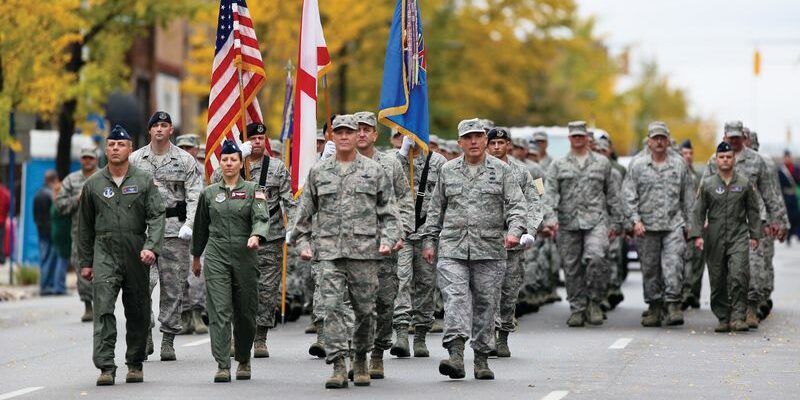It has been 75 years since the end of World War II. Today, May 8, we celebrate V.E. or Victory in Europe Day, the unconditional surrender of Nazi Germany. Later this summer, we will also celebrate the 75th anniversary of V.J. or Victory in Japan Day, the formal surrender of Imperial Japan on the deck of the USS Missouri on September 2, 1945.
Commemorating World War II and remembering those who fought is of special significance to many of us who are children of “the Greatest Generation.”
My father, Boadman Nettles Ivey, was a captain in the field artillery and fought in the Battle of the Bulge. He also landed at Normandy six days after D-Day, a fact that made my first-ever trip to the Normandy American Cemetery last year extra special. Looking at all those graves of soldiers who landed at Normandy but didn’t come home alive is something I’ll never forget.
As an only child, I was extremely close to both my parents and always had a special respect for my father’s contribution to this war.
His service taught me that we truly stand on the shoulders of our previous generations. It is because of efforts of the men and women who served in World War II that we can live in such freedom today.
Growing up during the Great Depression, the men and women of “the Greatest Generation” saw a scary political landscape form across the globe that led to World War II. The lights of freedom were dimming as unspeakable atrocities were unleashed on innocent men, women and children – both in Europe and Asia.
My father was just one of millions who loved his country, understood the grave risk and proudly served in the military. He and my mother knew that he would be in harm’s way, and there would be no guarantee of his safe return. This anxiety was the norm for people all over the country who prayerfully hoped the war would reach a successful conclusion and their loved ones would return home safe and in one piece.
Unfortunately, an estimated 405,000 families received the devastating news of loss. Their unimaginable grief was in a small part soothed by the conviction that their loved one’s sacrifice had made a profound impact on the world.
For those like my father who were fortunate to return from war, most came home, went back to work and tried to get on with their lives. Few were recognized as the hero they were and more times than not, declined to be publicly acknowledged for their service.
In fact, it is not uncommon for family members to learn of their loved one’s service and say “I never knew that.” The vast majority of those from “the Greatest Generation” lived the remainder of their lives in their community doing the mundane things that individually seems unremarkable but, collectively, help make America great.
Things like folks working at their jobs, providing for their families, and expressing their faith by volunteering and serving in leadership roles in their community are ideals that are so uniquely American.
As we honor the members of “the Greatest Generation” who served 75 years ago, let us pause to reflect on the selfless work that these ordinary Americans accomplished. On both V.E. Day and V.J. Day, I hope you’ll join me by saying a prayer of thanks for those who served our country in World War II.
Also, let it serve as a reminder to us that it is the uncelebrated roles, doing the sacrificial, which is truly so important.
I’m proud to celebrate this day, not only as the conclusion of a horrible world conflict, but it was the beginning of peace. It was a peace built from the seemingly unremarkable men and women who returned home to live and work under the banner of freedom that continues to shine as a beacon for the rest of the world to see.
Today, I’m thinking of my father and the many loved ones that bravely fought for our freedom and returned to make a wonderful life for Alabama and the rest of our great nation. May God bless their memory, our great state and the United States of America.
Kay Ivey is the 54th governor of Alabama.











